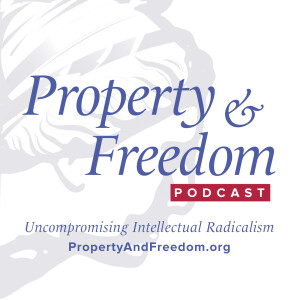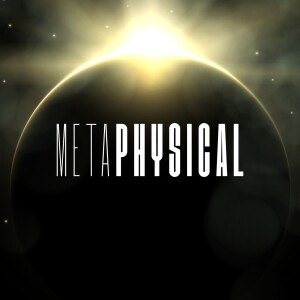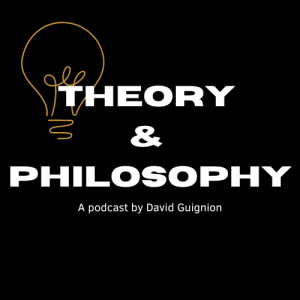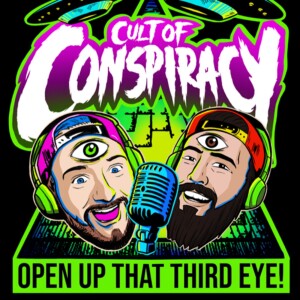by Professor Hoppe to speak here in this uh delicious
temple of knowledge and liberty of wisdom and
delight i was not only I didn’t only feel very honored but I also felt a
little bit uneasy because I considered various negative options not to be able
to uh come to your expectations but also I considered uh
marginal things for instance I thought whether it would be appropriate to cover my head talking
here because as you know the Romans when they went to the temples to worship the gods they covered the
head and they did it with every god and the meaning of this gesture was obvious
no so you you hide your weaknesses and you hide your sins from the gods but
there was one god a temple one temple in which they did not cover their heads and
this was the uh temple of Kronos the god of time and Blut in his fragments about
Roman customs explains why because he says time brings to light everything
sooner or later the truth comes out so it’s completely useless to cover your
head in the front of time uh time we need time to
understand and we know that developments uh occur in time and they show
themselves they reveal their real nature in time uh my argument touches time because it’s
about crimes historic crimes and uh the way how these crimes were redressed or
not redressed afterwards i came in 1990 a few weeks a few months
after the velvet revolution in Prague from Italy to uh to Czechoslovakia and
to work as a foreign correspondent in several uh postcommunist countries
when I came to Prague I still shared the common belief that nationalization
expropriation confiscation was a specific more or less
exclusive feature of communism it is not it is just one of
three possibilities of governmental theft the first one the easiest one is
inflation almost without violence it allows the state to steal money
continuously and in relatively small amounts from almost from everybody until
withering confidence in the currency dies the second method is taxation
this is a little bit more difficult and potentially dangerous for the government
because it’s under the direct threat of violence and it provides much money from
a majority of people so if you overdo it you will have a rebellion and it’s difficult to to get to get away with
this and the third way is mass mass expropriation and confiscation
it takes all property from a minority which before has to be outlawed and
completely deprived of domestic or foreign protection it’s possible only under
exceptional circumstances basic basically during a revolution which
transforms a society in a in the gulak or after a war it is necessarily violent
and it’s very often linked to forced population
transferes and it’s by no means an exclusive feature of
communism the whole uh history of the uh of the uh 20th century could be told as
a history of confiscation and mass deportation
let’s start with the Parkhan wars in 1912 1913 uh between 1913 and 19 23 about 3
million people fell victims of population transfers and confiscations in Europe alone
approximately 900,000 Muslims from the Barkans Greeks and Bulgarians during the
Parkhan Wars about 160,000 Bulgarians and Greeks after the first war after the treaty of
Na about 1.6 million Turks and Greeks after the treaty of
Losan and there was an interesting case uh which is not so so well known in
Western Europe as well and it regarded the Germans mostly uh very much
assimilated Germans in the French province of Alsus under the presidency of George
Clemens about 150,000 Germans were selected by governmental commissions
they were called driage and had to leave als if they were
detected Germans and in order to speed up this whole process anybody who denounced his
neighbor as German could apply to get his
property the list of this I what I what I mentioned those three millions is
probably incomplete it’s a very conservative estimation
population transfer is understood in the most strict sense of the
definition not included in this uh three millions are people of uh uh who left
the their country and their homestead after the formation of new national
states it was about 800,000 Germans who left Poland about
425 mill,000 Hungarians uh who left Slovakia Romania and
Yugoslavia that means that in the new Wilsonian democratic national order
about four to 5 million people lost their homestead and their property
this uh let’s say democratic prelude to the forced population transfers of
millions of people under the totalitarian regimes of Stalin and Hitler between 1938 and
1944 affected then probably more than 7 million people it’s obvious that in this
figure uh the five to six million victims of the Holocaust are not
included the far biggest population transfer in Europe occurred at the end
and after second world war until 48 and it affected more than twice as many 12
million Germans from Eastern Europe 4 million among Fins Poles Ukrainians
Serbs Croats Sloines Hungarians Slovaks Italians about two million died during
those transfers all thing after the war communists contributed to these
crimes but they were by no means the only perpetrators in the case of Czechoslovakia they were they were even
rather reluctant with the democratic president Edward Benes presented his
plan to expel roughly 3 million Germans a quarter of the population of his
country and to confiscate their property the so-called banish decrees or
presidential decrees initiated the ethnic cleansing and the socialization
immediately after the war the national and social revolution
in Czechoslovakia was nearly accomplished when the communists ousted the
democratic parties in February 48 about 80% of the Czechoslovak economy
had been nationalized in 1945 and 1946 immediately after the war Banishes
ordered the nationalization of all banks of all insuranceances about and of about
3,000 companies in all industrial branches the expert Germans left about
5.68 68 million acres of fields and forests behind the major part of their
confiscated property was first divided between uh among Czech and Slovak
settlers then collectivized after the communist takeover from the 50s until
89 even groceries and flower shops in Czechoslovakia were run by government
why is it so important to understand that nationalization and confiscation were not an exclusively communist
feature because the restitution laws in the postcommunist countries after the
fall of communism set arbitrary and magical time limits in the case of the
Czech Republic and Slovakia this magical threshold is a 25th of February 48 the
day of the coup de Prague if your property had been robbed by communists
after this day you get it probably back it’s not sure but you have good chances
if it was robbed by Democrats the day before you have no chance at all
instead of giving it back to its legitimate owners most of this property was not
restituted it was privatized uh I want to quote uh
whenever I talk about restitution I quote Mor Rothbart from the ethics of
liberty i like this very much how he put it let us say he writes Roritania is ruled
by a king who has grievously invaded the rights of persons and the legitimate
property of individuals and has regulated and finally seized their property
a libertarian movement develops in Loritania and come to persuade the bulk of the populace that this criminal
system should be replaced by a truly libertarian society with the rights of
each man to his person and his fountain and created property are fully
respected the king seeing the revolt to be imminent immen imminent imminently
successful now employs a cunning strategy he proclaims his government to
be dissolved but just before doing so he arbitrarily parcels out the entire
kingdom to the ownership of himself and his relatives he then goes to the













